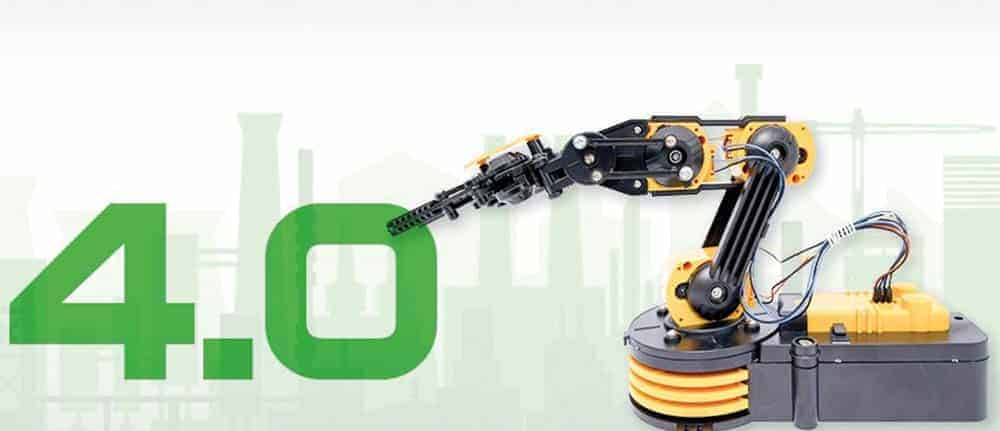People in the Industry 4.0 era


The digitization of industrial production is breaking up established, long-established and tried-and-tested production processes by focusing on basic principles such as networking, information transparency and technical assistance. Accompanying these principles is the goal of having machines or robots take over many of the activities previously performed by humans, in whole or in part. At first glance, this could be accompanied by the fear that tasks and roles that have provided employment and jobs will disappear on a massive scale.
At second glance, however, entirely new roles are emerging, the tasks of humans in the production process are shifting, entirely new areas of responsibility are emerging, without which this continuation of the digital revolution cannot take place. Let's think of all the measurement data, control information, process steps and general digital information that floods the (SAP) systems on the IoT with data. All this data needs to be channeled, controlled and verified. If necessary, this information entails system adjustments or configurations that can correct or improve processes.
The role of the human being in the production process is therefore shifting from that of an executive body to that of an inspection authority that controls and optimizes processes and ensures quality. The task of companies will be to provide employees with tools that enable them to perform their new role in the process optimally during the transformation of industrial production.
While in the first industrial revolution it was water or steam power and in the second industrial revolution the optimization of production through assembly lines and electricity - for Industry 4.0 not only software for the control and operation of machines must be optimized, as was the case in the third industrial revolution, but above all software must be created that enables humans to fulfill their new role efficiently and with high quality. Work for humans is thus shifting even more away from physical activity to controlling, directing activity. By no means, however, is this role in the production process less important - on the contrary.
Decisions about what happens how and when, whether robots and machines produce in a high-quality manner and according to plans, whether logistics processes function optimally or can be optimized, are moving to the center of human activity - they can and must concentrate their time on controlling and monitoring. What sounds comparatively simple becomes a challenging task that cannot be mastered without tools due to the sheer flood of data that comes with Industrie 4.0, all the sensor technology, the IoT.
Short release cycles
Highly specialized software, which controls the quality and correct execution of the processes, helps to master this large amount of data and information. Industry 4.0 is therefore also the age of highly specialized software, which provides humans with accurate, reliable information to make decisions. In addition to the abundance of information and data, the quality assurance of highly critical systems, such as SAP, must also deal with the release cycles, which have once again been massively shortened by cloud computing.
Here, a test automation tool such as the Suxxesso tool suite can support mastering the ever-increasing effort in quality assurance. The contribution of humans in industrial production will shift, and for this they must act with appropriately powerful tools that, as in all previous industrial revolutions, are highly specialized and developed for the respective tasks.






